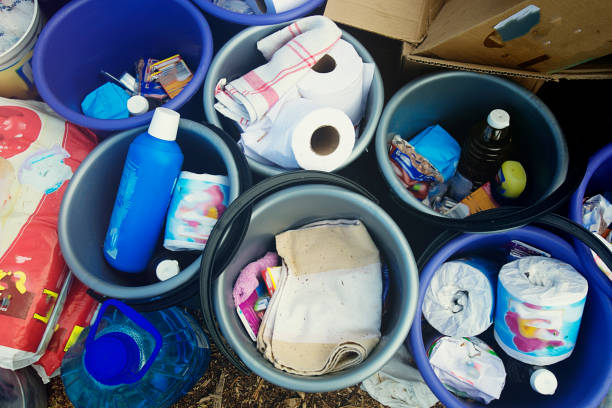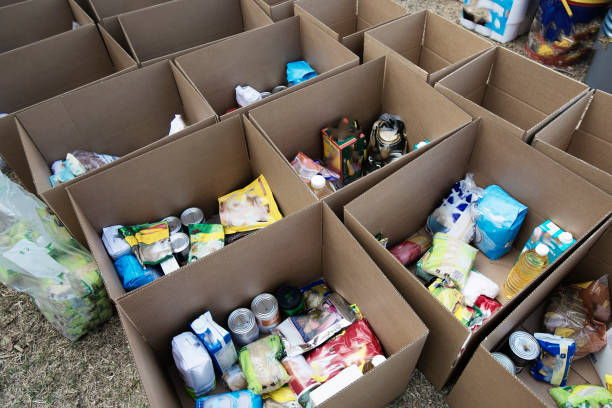Donate White Blood Cells: A Lifesaving Act
Introduction to White Blood Cell Donation
White blood cells (WBCs), or leukocytes, play a critical role in the immune system by defending the body against infections, foreign invaders, and other threats. Unlike red blood cells, which transport oxygen, white blood cells are the frontline soldiers in the body's immune response. Donating white blood cells is a unique and impactful way to contribute to healthcare, offering hope and healing to patients in critical need.
Understanding White Blood Cells
White blood cells are a diverse group of cells, each with specific functions in the immune response. There are several types of white blood cells, including neutrophils, lymphocytes, monocytes, eosinophils, and basophils. Each type plays a different role in recognizing and combating pathogens.
Neutrophils, for instance, are the most abundant type and are the first responders to bacterial infections. Lymphocytes, which include T cells and B cells, are vital for targeted immune responses, such as producing antibodies. Monocytes are responsible for engulfing and digesting foreign substances, while eosinophils and basophils are involved in allergic reactions and parasitic infections.
The Need for White Blood Cell Donations
Patients with conditions such as leukemia, lymphoma, severe infections, and certain autoimmune diseases often experience a significant drop in white blood cell counts. This leaves them vulnerable to infections and complications. White blood cell transfusions can provide a temporary boost to their immune system, offering a critical window of protection and recovery.
In particular, patients undergoing chemotherapy or bone marrow transplants are at high risk of infection due to their compromised immune systems. Donated white blood cells can be a lifeline, helping them combat infections during their treatment.
The Donation Process
Donating white blood cells is a specialized process called leukapheresis. This procedure is different from whole blood donation and requires specific equipment and conditions.
The process begins with a thorough screening to ensure the donor is healthy and suitable for donation. This includes medical history, physical examination, and blood tests. Once cleared, the donor is connected to an apheresis machine. Blood is drawn from one arm, passed through the machine where white blood cells are separated and collected, and the remaining blood components are returned to the donor through the other arm.
The leukapheresis procedure typically takes about two to three hours. During this time, donors can relax, read, or watch television. The collected white blood cells are then processed and prepared for transfusion to patients in need.
Benefits of Donating White Blood Cells
Donating white blood cells is a profoundly altruistic act with immediate and tangible benefits. For the donor, it is an opportunity to make a significant difference in someone's life. The process is safe, and donors are closely monitored throughout to ensure their well-being.
For recipients, white blood cell donations can be life-saving. These donations help bridge the gap for patients with weakened immune systems, offering them a better chance of recovery and survival. The impact of such donations cannot be overstated, as they provide critical support in moments of dire need.
Eligibility and Requirements
To donate white blood cells, individuals must meet specific eligibility criteria. These include being in good general health, usually between the ages of 18 and 60, and meeting certain weight and hemoglobin level requirements. Donors should not have any active infections or chronic illnesses that could affect the donation process or the safety of the recipient.
Potential donors are also screened for a history of certain diseases, medications, and lifestyle factors that might impact their suitability. This comprehensive screening ensures the safety and effectiveness of the donation.
The Impact of White Blood Cell Donations
The impact of white blood cell donations extends beyond the immediate recipients. By donating, individuals contribute to the broader healthcare system, supporting the efforts of medical professionals to provide comprehensive care to patients with complex health needs.
White blood cell donations also advance medical research and treatment protocols. Each donation provides valuable data and resources that help improve understanding and management of immune-related conditions. This contributes to the development of better therapies and interventions, benefiting future patients.
Personal Stories and Testimonials
Many donors and recipients share powerful stories of their experiences with white blood cell donations. Donors often describe a sense of fulfillment and purpose, knowing their contribution has made a life-saving difference. Recipients express deep gratitude for the support they received, often attributing their recovery to the generosity of donors.
These personal accounts highlight the human connection at the heart of white blood cell donations. They remind us of the profound impact that one person's actions can have on the life of another.
Encouraging More Donations
Increasing awareness and education about white blood cell donations is crucial to encouraging more people to donate. Public health campaigns, community outreach programs, and partnerships with healthcare organizations can help spread the word about the importance and benefits of white blood cell donations.
Educating potential donors about the safety and simplicity of the donation process can alleviate fears and misconceptions. Sharing success stories and testimonials can inspire others to take action and become donors.
Conclusion: A Call to Action
White blood cell donations are a vital part of the healthcare system, offering hope and healing to patients in critical need. By donating white blood cells, individuals can make a profound difference in the lives of others, providing a crucial lifeline in moments of vulnerability.
The donation process is safe and straightforward, with immediate and long-term benefits for both donors and recipients. As awareness grows and more people choose to donate, the collective impact of these donations will continue to expand, supporting the health and well-being of countless individuals.
Consider becoming a white blood cell donor today. Your donation could be the key to someone's recovery and a testament to the power of human generosity and compassion.




